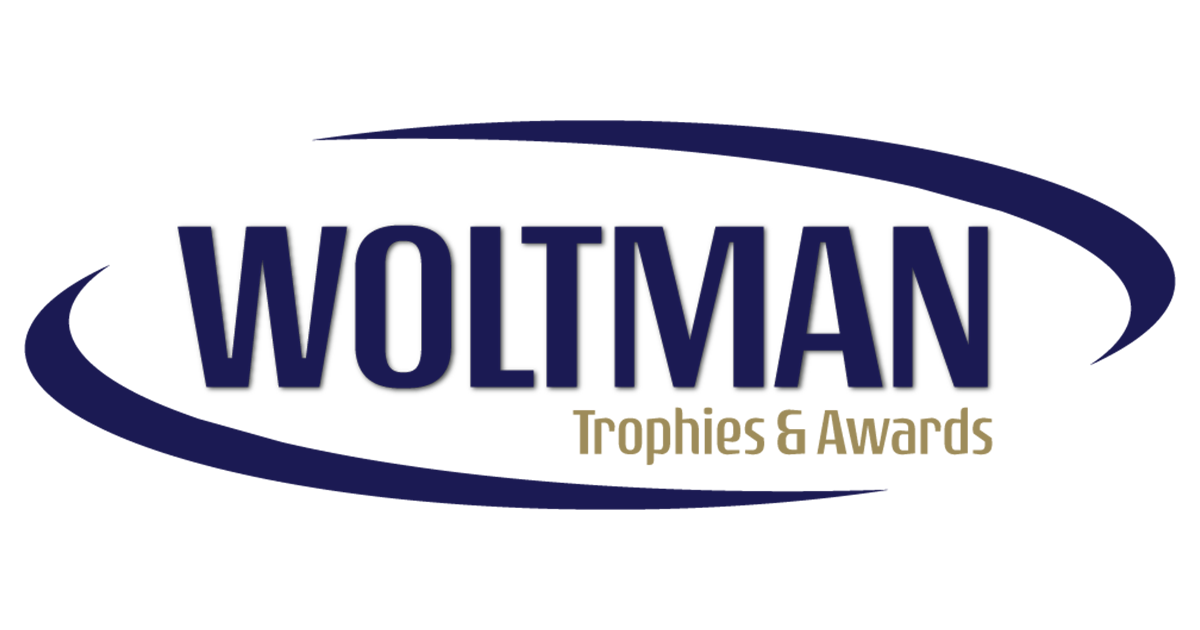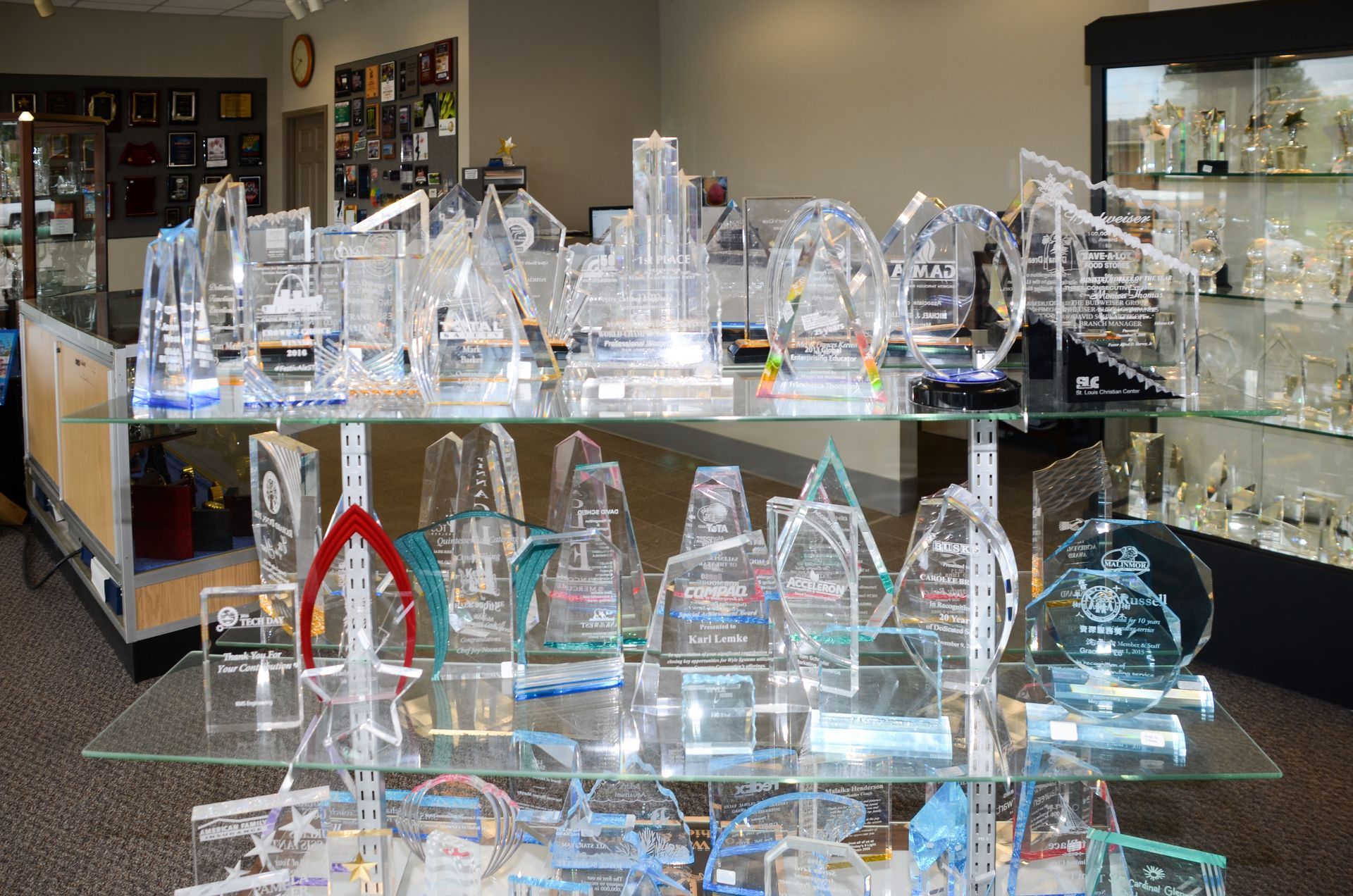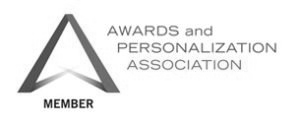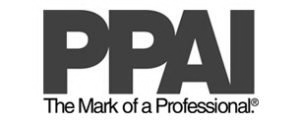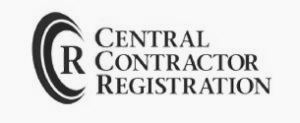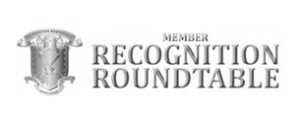Blog

Have A Question? Want Help?
Send us your details and we’ll get back to you to schedule a time to talk.
Have a Question

In today's workplaces, it's crucial to acknowledge and celebrate employees' accomplishments. Doing so isn't just a nice gesture; it's essential for keeping teams motivated and engaged. Let's explore why recognizing corporate achievements is necessary (and how awards stores can help). Fostering Appreciation Recognizing corporate achievements is about creating an environment where employees feel valued for their hard work and dedication. Team members who feel appreciated are more likely to be motivated and committed to their roles. Recognition reinforces positive behaviors and inspires employees to strive for excellence. Boosting Morale and Motivation Acknowledging employees' accomplishments boosts their morale and motivates them to keep up the excellent work. Whether meeting sales targets, finishing a project early, or showing great teamwork, recognizing these achievements makes employees feel proud and appreciated and shows that their contributions matter.

Do you remember the first day of your current job in your industry? How about your first foray into the job field in high school or college? It's an entirely new environment, with team members to meet and company policies and procedures to get accustomed to. A first day is already hard, but it can feel less overwhelming with clear expectations, robust onboarding and training, and a strong welcome from the team. Let's look at some of the do's and don'ts when welcoming a new team member, and how a solid start at the company can lead to increased performance and retention. Do: Provide a Warm Welcome Welcoming a new team member begins with a warm reception. Assign a designated person or team to greet the newcomer on their first day. A friendly welcome sets the tone for a positive experience and helps the new employee feel valued. Orientation and Training A well-structured orientation and training program are fundamental to a successful onboarding process. Communicate company values, expectations, and policies. Equip the new employee with the knowledge and skills necessary for their role, and provide ongoing training. Assign a Mentor Foster a sense of belonging by assigning a mentor or buddy to the new employee. This designated point of contact can guide them through the initial phases, answer questions, and provide insights into the company culture. This personalized support enhances the onboarding experience. Introduce the Team Team integration is crucial for a new employee's sense of belonging. Organize team introductions or welcome events to facilitate connections between the newcomer and their colleagues; this builds professional relationships and creates a positive social atmosphere within the workplace. Feedback and Check-ins Regular check-ins during the initial weeks are essential for gauging the new employee's progress and addressing concerns. Encourage open communication, provide constructive feedback, and create a supportive environment. This ongoing connection helps the new team member feel valued and supported.
Why people believe in us

